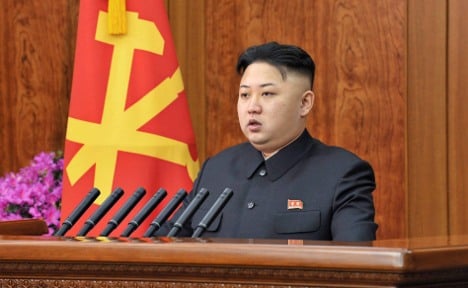The secretive Communist dictatorship of North Korea is planning to open up its economy for foreign investment this year – with the help of German business experts and lawyers, according to a report in the Frankfurter Allgemeine Zeitung.
“There’s a master plan,” one unnamed German business expert and university lecturer told the paper. “They want to open up this year.”
The report says a team of German lawyers and economic experts are involved in concrete plans to alter North Korean law to welcome investors into the country, which has been isolated from the global community since the Second World War.
In his New Year address Kim Jong Un announced radical changes intended to transform the backward nation into an “economic giant” and raise living standards for the North Korean population, which frequently suffers severe food shortages and power outages.
The strategy is likely to be based on the Vietnamese model of selecting individual businesses to invest in the country, the expert told the paper, rather than the Chinese model of targeting specific economic zones for foreign investment.
The news that German advice is being sought in Pyongyang comes amid a row in the US over plans recently announced by Google’s Chief Executive Officer Eric Schmidt to visit North Korea on what he claims is a private trip.
DPA/The Local/jlb



 Please whitelist us to continue reading.
Please whitelist us to continue reading.
Member comments